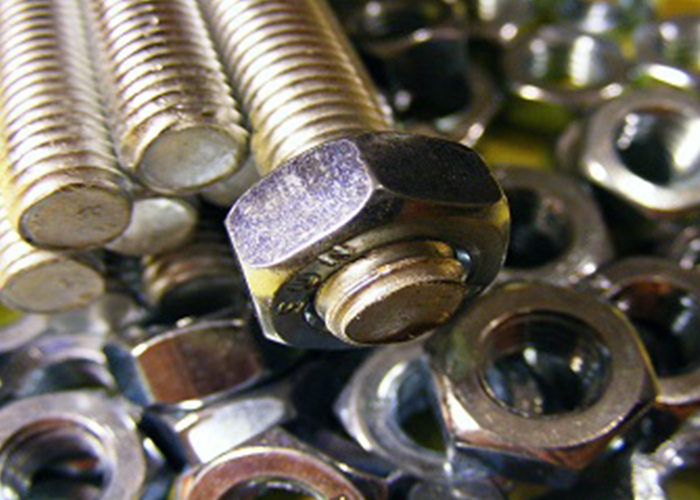




A fastener is a device that mechanically joins two or more objects together and is used to create non-permanent joints. Anchors help attach a fixture to a hollow wall or maybe solid concrete. A nut, anchor bolt, screw, clips, etc, all are a different kind of fasteners. There are metal fasteners that can be used to join materials such as wood, sheet metal, plastics, etc. together. Made from different kinds of metals such as steel, aluminum, brass they come in various shapes and sizes to suit the needs of different projects.
In the building trade, anchor fasteners are of much importance because they are an integral part of the manufacturing process. They are required to resist forces in two directions. Various kinds of anchor fasteners are available in the market. Some of the anchors are self-drilling while some others require a pre-drilled hole, some are chemical and some are mechanical fasteners, some anchors are metallic, others are non- metallic. Each type of anchor fasteners has its specific characteristics.
For speed-critical items, mechanical fasteners are considered to be the best as loads can be applied to mechanical fasteners soon after installation. Chemical fasteners are considered to be the best for all external fastenings and in conditions where there is a possibility of leakage because the chemicals fill the voids between the base and the material making the connections water-tight. Anchors are often classified as light duty, medium duty or heavy-duty and certain fasteners can be reused.
There are seven different types of anchors. They are Internally Threaded, Externally Threaded, Masonry Screw and Pin, Screw, Hollow Wall, Sleeve and Drive Anchors. All of them are explained in details below:
1) Internally threaded anchors are designed for concrete, brick, block, and stone.
2) A nut and washer come under externally threaded anchors and they are made for concrete anchoring.
3) Masonry Screw and Pin are one-piece anchors which are used with concrete, blocks, and bricks. These Masonry screws are removable while the Pin anchors are permanent
4) Screw anchors are light-duty anchors that generally expand when a sheet metal screw, wood screw or lag screw is installed. These are used in block, brick, stone, mortar joints, ceramic tiles, wallboard, etc.
5) Some of the Hollow wall anchors are self-drilling while others require a pre-drilled hole.
6) Sleeve anchors are rated for heavy loads in concrete and masonry.
7) Drive anchors are tamper-resistant and are used in concrete, stone, and brick.
Fasteners are very important for strength, durability, and rigidity of a component so it is necessary to always use the right kind of material during the manufacturing process to get the best results. Around 90% of our surroundings consist of steel fasteners. It could be of carbon steel, stainless steel, alloy steel, etc.
Carbon steel fasteners- The carbon steel fasteners are used in automobile, oil and gas, shipbuilding industry. They have robust construction, durability, tensile strength and resistance towards adverse environmental conditions.
Stainless steel fasteners- These fasteners show shining properties. They are used in the household and automobile industry. They are attractive, easily available and inexpensive.
Aluminum fasteners- They are resistant to corrosion and are non-magnetic. They are lightweight fasteners. They help increase the strength of a material. Titanium fasteners- These are sustainable at high temperatures and have resistance towards corrosion that is why they are used in aircraft, petrochemical industries, racing car industries.
Brass and Bronze fasteners- They are widely used in shipbuilding industries due to their non-metallic and anti-corrosion properties. They are used for aesthetic purposes. They are expensive and are not common in use.
Non-metallic fasteners- These are light-weight, non-conductive fasteners. They have low strength and are not considered good for adverse environmental conditions. Examples of non-metallic fasteners include nylon, PVC, Polypropylene, neoprene, etc.
Various companies in India manufacture and supply different types of fasteners best suited for your projects. Some of the best companies providing good quality of fasteners are Canco fasteners, Sundream Groups, Swarna fasteners, etc.